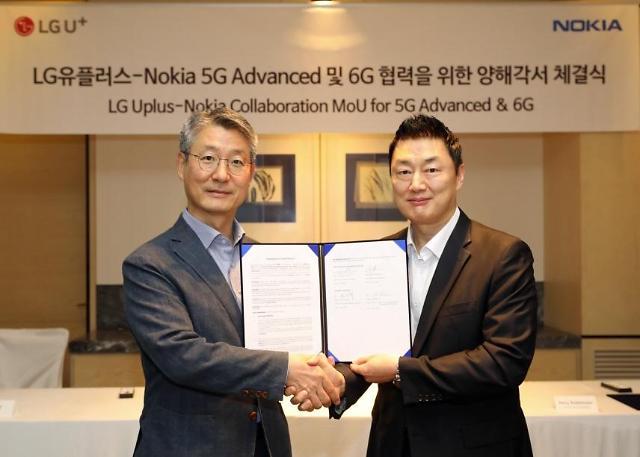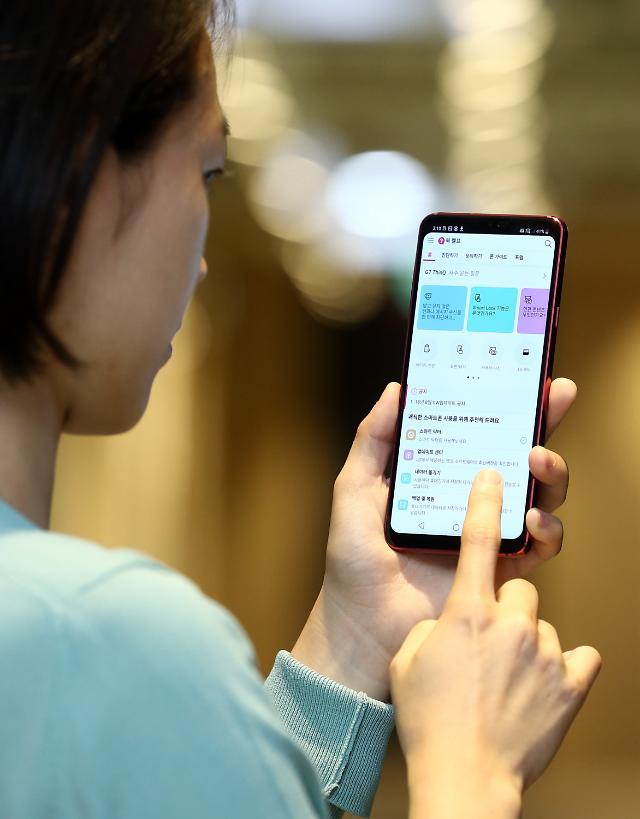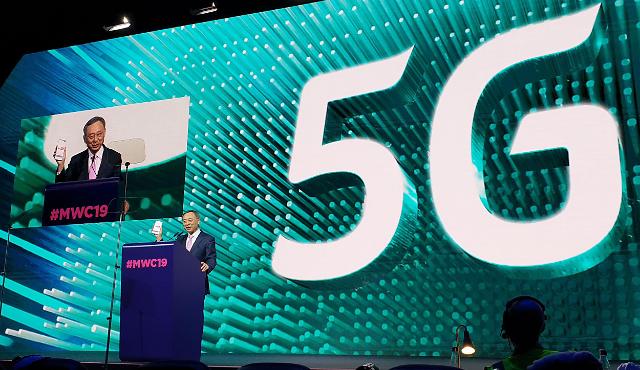
[Courtesy of LG Uplus]
Cooperation covers network structure expansion, frequency expansion, and service space expansion technologies required for 6G networks in which standard technologies are needed to separate hardware and software of equipment and implement interworking between different manufacturer equipment.
LG Uplus (LGU+), a mobile carrier in South Korea, said that joint research would be conducted on open fronthaul, cloud radio access network (RAN), and a wireless access RAN intelligent controller (RIC) which is a software-defined component of Open RAN architecture.
Fronthaul technology transmits wireless data signals collected from base stations to the central device. Fronthaul is defined as the fiber-based connection in RAN infrastructure between baseband units and remote radio head. Flexible fronthaul configurations have become an essential ingredient for balancing the latency, throughput and reliability demands of advanced 5G applications.
RAN resides between a device such as a mobile phone, a computer, or any remotely controlled machine and provides connection with its core network. The Open RAN (O-RAN or ORAN) Alliance is a global carrier-led effort to drive new levels of openness in the radio access network of 5G wireless systems. It aims to make RANs more open and smarter than previous generations.
Energy harvesting technology that reuses wasted energy is a technology that extends 6G networks. LGU+ and Nokia would jointly study the technical utility and utilization of liquid cooling base stations. Liquid-cooled sites are silent, require zero maintenance, and can be smaller and lighter than standard active air conditioning units.
"Through this agreement, we can strengthen our partnership with Nokia, which has been closely cooperating in LTE and 5G networks. Based on this, we will create a foundation to solidify LGU's network competitiveness in the 6G era," LGU+'s network division head Kwon Jun-hyuk said in a statement on July 6.
Researchers in South Korea have called for the early and pre-emptive development of 6G technologies. Companies have tied up with research bodies to secure core 6G technologies and achieve the world's first commercialization of 6G mobile telecommunication in 2028.
Copyright ⓒ Aju Press All rights reserved.




View more comments